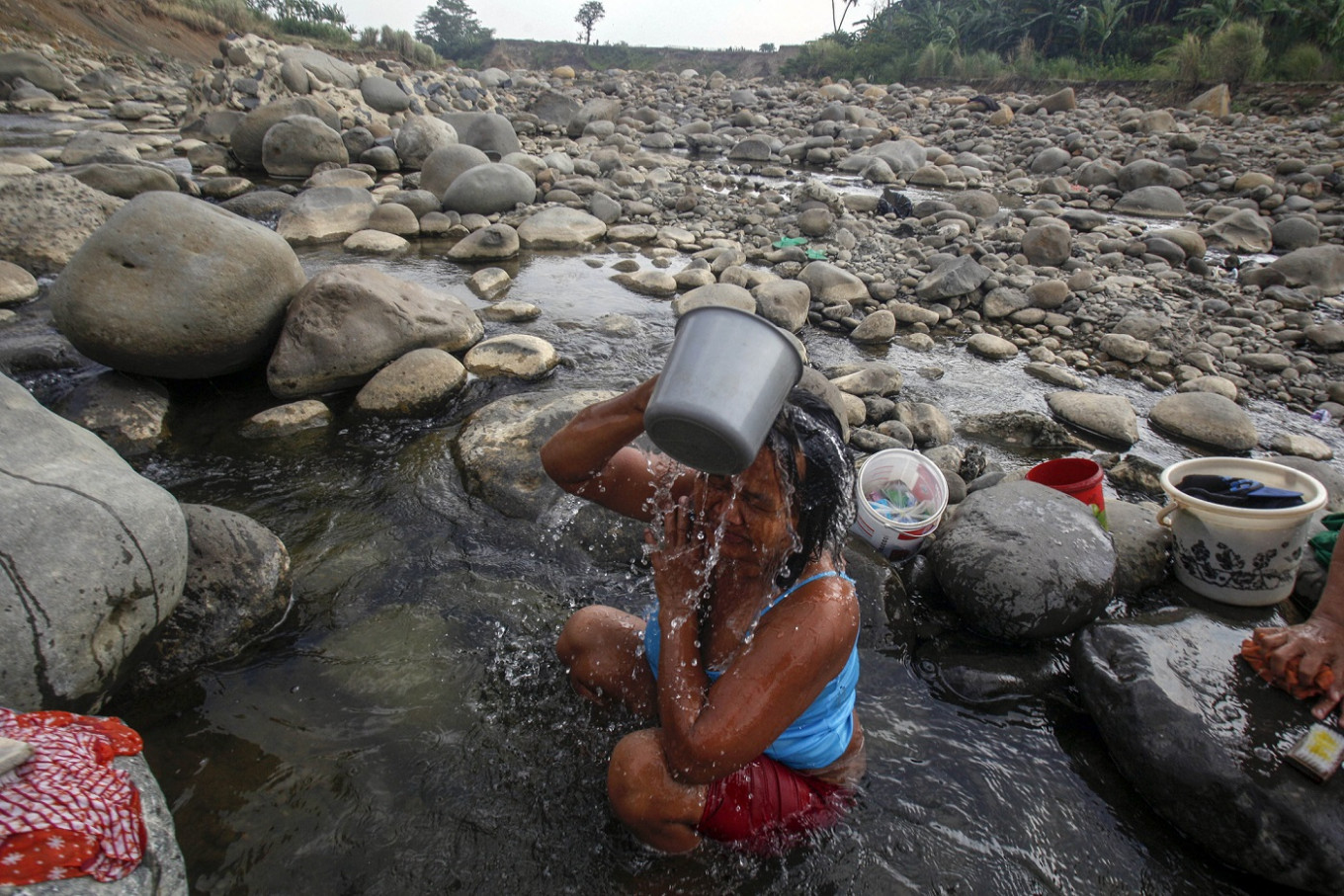Popular Reads
Top Results
Can't find what you're looking for?
View all search resultsPopular Reads
Top Results
Can't find what you're looking for?
View all search resultsRainy season to start at end of October: BMKG
Change text size
Gift Premium Articles
to Anyone
T
he Meteorology, Climatology and Geophysics Agency (BMKG) has predicted that the rainy season will gradually begin at the end of October for most of Indonesia following the current transitional period from the dry season.
BMKG head Dwikorita Karnawati said the first rains were expected to fall in the western parts of the archipelago. She also said the rainy season would reach its peak in January and February next year.
"Most of Indonesia is expected to see the peak of the rainy season in January and February 2021," she said in a written statement on Monday as quoted by kompas.com.
The BMKG's climatology deputy Herizal explained that out of the 342 seasonal zones (ZOM) in Indonesia, around 34.8 percent would start the rainy season in October, namely parts of Sumatra, Java, Kalimantan and Sulawesi.
Meanwhile, 38.3 percent is predicted to see the rainy season in November, such as other parts of Sumatra, Java, Nusa Tenggara, Kalimantan, Sulawesi, Maluku and Papua, and the remaining 16.4 percent would see rains in December.
Read also: BMKG warns of extreme weather during transition to rainy season
"154 seasonal zones, or around 45 percent, are predicted to see a later rainy season this year than in the 1981-2010 period," Herizal said.
"The rainy season would start earlier in 68 ZOM, or 20 percent."
He also said around 27.5 percent of ZOM would experience a wetter rainy season this year.
The BMKG has warned the public to remain alert to extreme weather and other potential disasters, especially in regions predicted to experience an earlier and wetter rainy season.
"We advise the public to be more vigilant about the impact of the rainy season, especially those who reside in areas prone to hydrometeorological disasters such as floods and landslides," the head of the BMKG's Climate Change Information Center, Dodo Gunawan, said.
Dwikorta also urged regional administrations to implement disaster mitigation plans by setting up integrated water systems from upstream to downstream such as saving water in embankments, dams or other water retention pools as well as preparing the river capacity to anticipate a higher volume of water. (nal)










